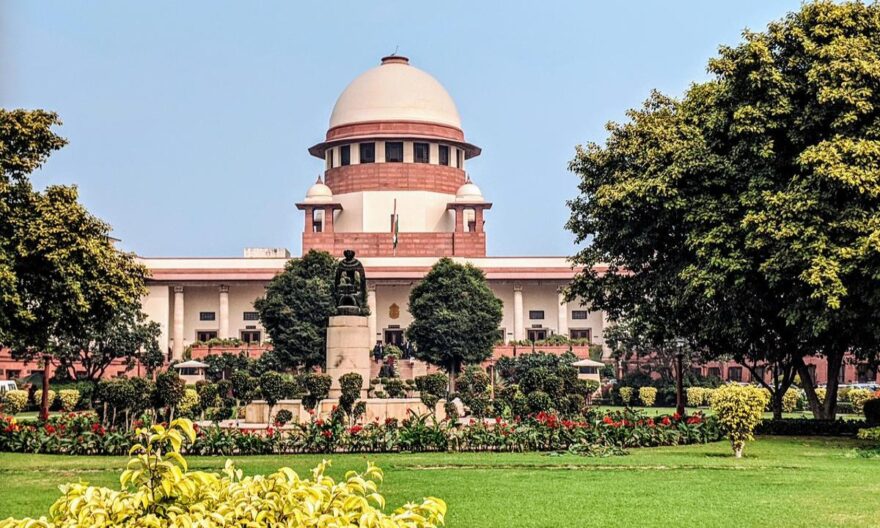
The Supreme Court has recently issued a notice in an appeal filed by the Reserve Bank of India against an order of the Kerala High Court that lifted the loan restrictions imposed by the RBI on Thiruvalla East Co-Operative Bank Ltd.
The notice was issued by the division bench of Justice Sanjay Kishan Kaul and Justice Sudhanshu Dhulia. Representing the RBI, the Attorney General for India, R Venkataramani, appeared before the court.
Previously, a division bench of the Kerala High Court upheld the order of a single bench, which removed the restrictions imposed by the RBI on the Co-Operative Bank regarding the further sanctioning and disbursal of loans & advances.
Before imposing the prohibitory order on the Cooperative Bank, the RBI conducted an inspection and prepared an inspection report. The report highlighted certain deficiencies in the banking practices, including some loan advance schemes that were susceptible to fraudulent activities.
The Kerala High Court, referring to the Banking Regulation Act, 1949, held that the RBI cannot completely prohibit the transactions of the bank under Sections 35 & 36 unless there are exceptional circumstances warranting such action.
The court emphasized that before passing orders of prohibition, a factual appreciation of the situation was necessary, and the banking company must be given an opportunity for a hearing.
“We are of the firm view that in normal circumstances, RBI cannot pass a prohibitory order under Section 36(1) without giving the banking company an opportunity of being heard. The deviation is exceptional and that too, to protect the public interest. If RBI intends to pass such an order, it must demonstrate with reasons in the order itself how the larger public interest would adversely be affected if prohibition order is not imposed.”
Thus, the High Court concluded that the RBI had not given proper reasons before passing the order, which showed non application of mind, “No demonstrable reasons are assigned by RBI before resorting to complete prohibition of disbursal of fresh loans and advances. If the particular loan scheme is against banking policies, RBI could have ordered the bank to stop advancing loan under that scheme till deficiencies are cured. We already noted that no reasons are assigned in the impugned decision except the appending inspection report. In such circumstances, we are of the view that the impugned decision prohibiting disbursal of fresh and advances was without application of mind.”




